Jeanne Allen: Issue of Teachers’ Rights Not Going Away
WASHINGTON, DC (March 29, 2016)- Jeanne Allen, Founder and CEO of The Center for Education Reform, issued the following statement on the 4-4 Supreme Court ruling in the Friedrichs v. California Teachers Association et al. case this morning:
The Supreme Court’s split decision on whether or not teachers should have the freedom to make decisions regarding their employment, unfettered by union control, does not mean that the issue of teachers’ rights is going away.
Why, in America, when we have freedom of choice and not a day goes by that we as a nation are not working to expand it to those who are denied, do we deny it to teachers to make their own decisions about how and under what conditions they should do their important work?
Great education is about great educators, and great educators need freedom. Great and courageous teachers like Rebecca Friedrichs have already exposed the public to the issue of union collective bargaining power in education, and when they come back to fight to make workplace freedom a reality, we will be ready to help them fight for their ability to be treated as professionals. We simply must. If we cannot educate children unfettered by the politics of unions, we cannot succeed as a nation.
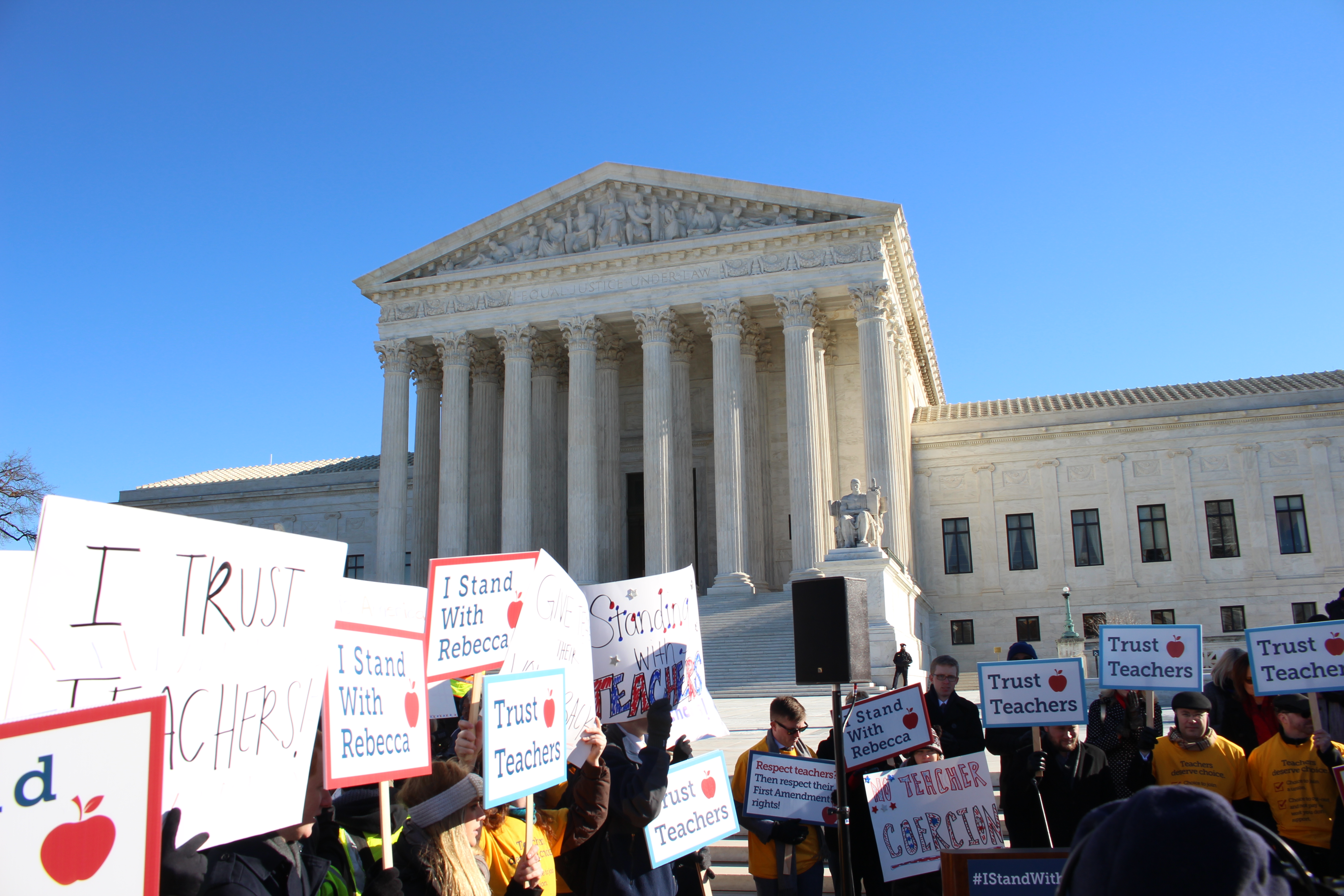











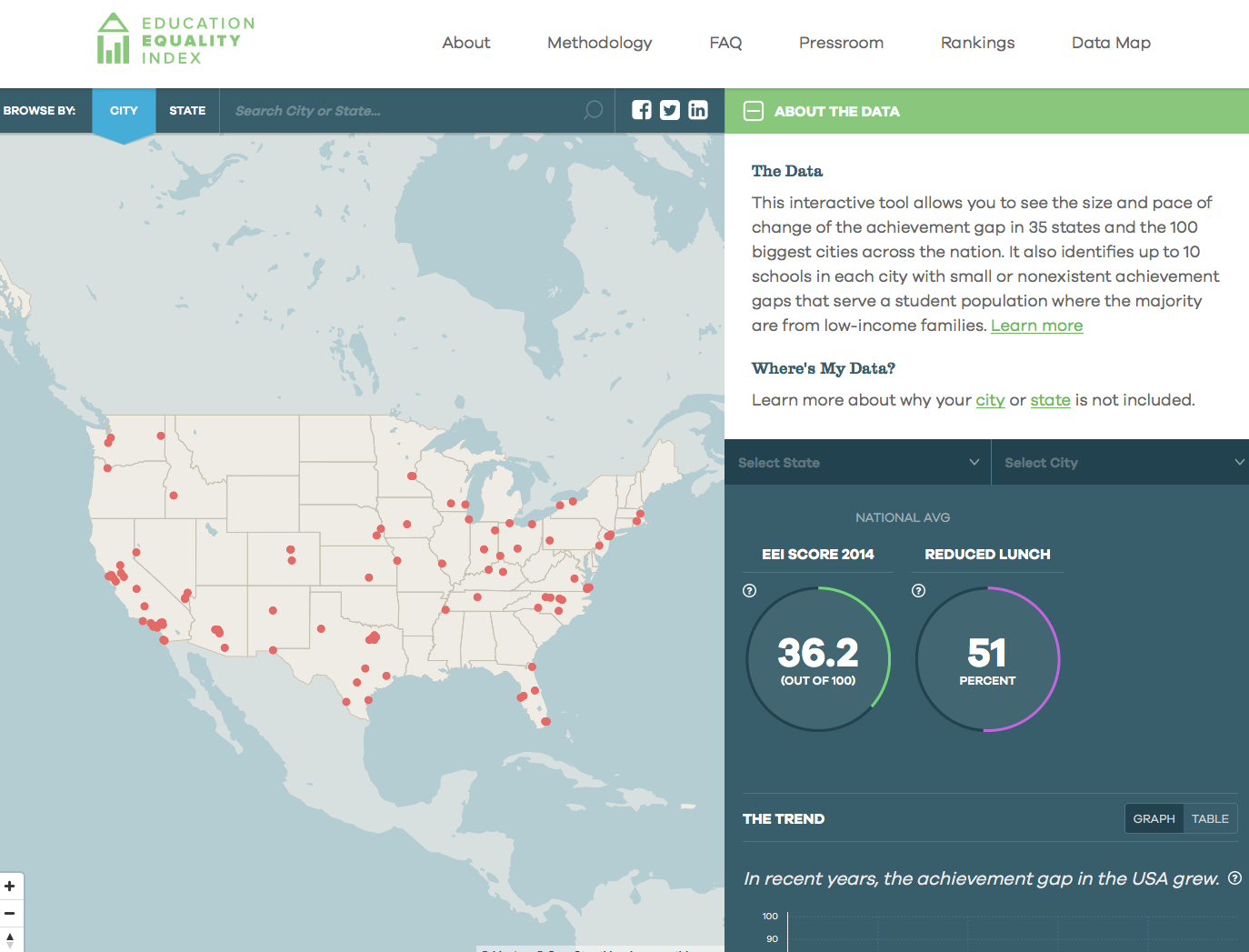 hools are doing when it comes to closing the achievement gap for low-income children. Sadly, the statewide achievement gap is “massive” in three out of four states for which information is available. The bright spot is that nearly 30 percent of the 610 achievement gap-closing schools recognized in this study are
hools are doing when it comes to closing the achievement gap for low-income children. Sadly, the statewide achievement gap is “massive” in three out of four states for which information is available. The bright spot is that nearly 30 percent of the 610 achievement gap-closing schools recognized in this study are  LOUISIANA OBSTRUCTIONS. The Jefferson, LA Parish Council has become a forceful
LOUISIANA OBSTRUCTIONS. The Jefferson, LA Parish Council has become a forceful 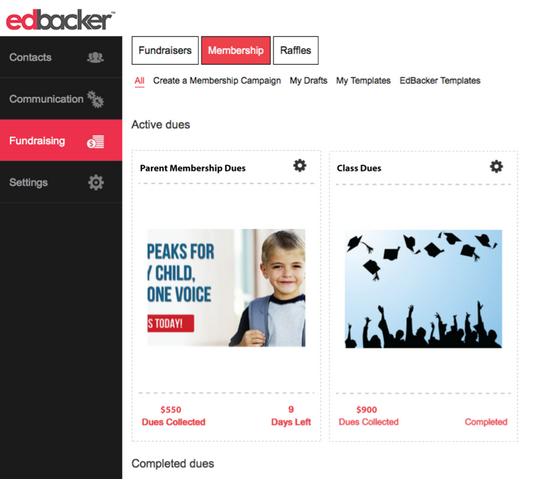

 at best fits their needs. Microsoft knows CER Founder Jeanne Allen has been a tireless advocate towards that goal, and wanted her thoughts on how ed tech, a booming source of innovation in the education world, can help make that a reality.
at best fits their needs. Microsoft knows CER Founder Jeanne Allen has been a tireless advocate towards that goal, and wanted her thoughts on how ed tech, a booming source of innovation in the education world, can help make that a reality. 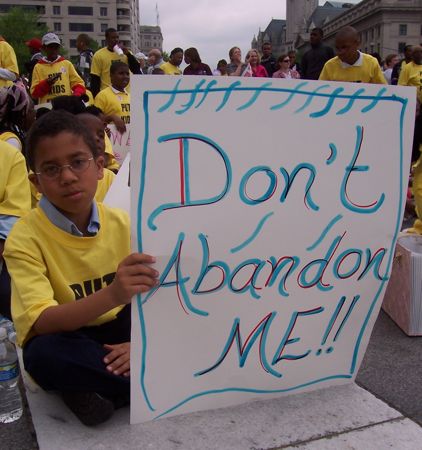
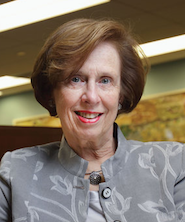 Charlotte, NC native and her husband would contribute to education and education reforms throughout the nation. Beth helped drive their philanthropy with her inquisitive mind, helping to tackle cities as perniciously difficult to improve as Newark. In my few meetings with her on regular visits to seek support, Beth would focus the conversation on how parents and children might have real power, and whether particularly policies or practices would help them get it. I always thought, wow, if more donors asked these questions, we may arrive at our destination of excellence for all students much sooner.
Charlotte, NC native and her husband would contribute to education and education reforms throughout the nation. Beth helped drive their philanthropy with her inquisitive mind, helping to tackle cities as perniciously difficult to improve as Newark. In my few meetings with her on regular visits to seek support, Beth would focus the conversation on how parents and children might have real power, and whether particularly policies or practices would help them get it. I always thought, wow, if more donors asked these questions, we may arrive at our destination of excellence for all students much sooner. and early contributor to the programs created to do precisely that in Washington, DC. The co-founder of AOL not only used his financial resources but his political clout to help others, like his old friend Joe Robert, ensure that the city and the nations’ elected officials do everything in their power to save children from failing schools and create real opportunities for education success. The DC scholarship program was an outgrowth of their support, and Kimsey’s commitment to answering the call of schools throughout the region was legion.
and early contributor to the programs created to do precisely that in Washington, DC. The co-founder of AOL not only used his financial resources but his political clout to help others, like his old friend Joe Robert, ensure that the city and the nations’ elected officials do everything in their power to save children from failing schools and create real opportunities for education success. The DC scholarship program was an outgrowth of their support, and Kimsey’s commitment to answering the call of schools throughout the region was legion.
The Miseducation of CNN (And Bernie Sanders)
A question posed to Bernie Sanders at last night’s Ohio democratic debate was a missed opportunity to powerfully educate the public about charter schools. Typically, information is power, but when the information is bad, all we have is mush. Following is Sanders’ exchange with the questioner and Roland Martin, a well-informed media commentator with a passion for education: (with some of my own commentary sprinkled in)
MARTIN: Since I have a brother and two sisters who are teachers, and one who is a teacher’s aide, let’s go to a teacher. We have Caitlyn Dunn, she helps lead a charter school here in Columbus, Ohio. She did Teach for America and saw the inequities in our school system, and she says she is undecided. So, you got a shot. Go for it.
DUNN: Thank you so much for taking my question. An article was released in the Columbus Dispatch Friday announcing the schools producing top student gains from around the state of Ohio. Of these, one-third of those schools producing these results were charters right here in Columbus, Ohio. So, knowing this, and also having similar narratives from across the country, do you think that charter schools are a viable way to educate children in low-income communities, or do you think that you would continue, as President, giving money to traditional public schools?
During this time, apparently CNN’s Teleprompter was miscued by an ill-informed editor, because rather than abbreviate the question correctly, CNN produced this bastardized version, suggesting that charters were not public schools.
Adding insult to injury, Mr. Sanders seemed to create a new class of charter schools, one that does not exist, when he responded. To some applause he said,
SANDERS: I believe in public education, and I believe in public charter schools. But then he added: I do not believe in private – privately controlled charter schools.
Privately-controlled charters? Charter schools are governed by publicly accountable, publicly representative, non-profit school boards who most often hire and manage their own teams – accountable for results directly to the taxpayer via the sponsor of their school. Those sponsors in the 44 states that have charter schools range from the least preferred state education departments or only school districts, to the more innovative and effective universities, city officials and sometimes independent not for profit entities.
Sanders continued:
And, I will tell you what else I believe. I believe that when we talk about education as a nation, we have got to make education not just rhetorically, but in reality one of the great priorities facing our country. I get a little bit tired about hearing about all the great football players and the millions of dollars a year they make. Maybe we should talk about the great teachers in this country and make sure that they can earn a good wage…
I intend to do everything that I can to create a first-class national child care system with well-paid, well-trained teachers so that the all of our little kids get a start in life that is worthy of children in the United States of America.
With great skill, Martin took the question back to school choice.
MARTIN: Senator Sanders, I listened to your answer about charter schools and not supporting the private charters.
SANDERS: Yes.
MARTIN: But we use taxpayer dollars in forms of grants for folks to go to private colleges. We did a poll for TV One and rolandsmartin.com, nearly 80 percent of black parents said they support charters, they support school vouchers. Many Democrats don’t.
So explain how we can support tax dollars going to private colleges, but we don’t believe in school choice for folks in elementary, middle, and high school?
SANDERS: I think that – I think there is a difference.
MARTIN: And that is?
SANDERS: And I think the difference is that right now public schools all over this country are being defunded. And money is leaving the public school system.
Hmm, traditional public schools are funded at an all time high— nearly $12,000 per-pupil, and they serve fewer children since charters came about. And the number of public education administrators and non-teaching staff, last measured, rose 46 percent in under 20 years— a growth 2.7 times greater than the increase in students over the same period. Where is that $ coming from?
SANDERS continues: And you may want to argue with me, and it’s a good debate, but I happen to believe that public schools, the ideas of neighborhood schools, people from different economic levels, rich and poor and middle class coming together, that is one of the reasons that we created the kind of great nation that we have.
Then this would-be president might consider that charter schools, the original neighborhood schools, are actually more integrated in urban communities than traditional public schools.
So, we are going to do everything that we can to support public education, and support experimentation in public education. In my city of Burlington, Vermont, we have started some great public – I don’t know what they are called, charter schools. One of them is into – one is, well, I forgot what it is actually.
MARTIN: Magnet school?
Clearly Martin knows that Vermont has yet to tolerate any meaningful proposal to create charter schools. Meanwhile by supporting magnet schools, Sanders is actually endorsing selective admissions, which creates a greater divide between haves and have-nots.
SANDERS: Yes, magnet-type schools. And they’re doing a great job. So I want to see a lot of experimentation, but I do not want to see the money leave the public schools.
Oh is that all? Well thank God charters are public schools. Right Mr. Sanders?